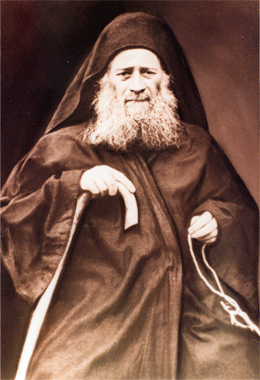 |
| and the fullness of each human person |
Psalms are the religious songs of ancient Israel. They were composed in Hebrew and have been translated into every language. In English alone there are dozens of translations, each using a variety of words to evoke the feeling or poetic sense the psalms contain.
There are 150 psalms in the Hebrew Scriptures, (aka the Old Testament) and on this blog we periodically consider them spiritually. Sunday's (10/29) post pondered Psalm 24. I'd like to share an additional thought or two about the first verse alone - using what is known as the Grail translation.
The Lord's is the earth, and its fullness,
the world and all its peoples.
Psalm 24:1
The Grail translation uses the word 'fullness.' The world is full or filled with everything we need to live and grow and to be happy. The world's fullness which is its plants: the great forests that cool and oxygenate our planet, and the dandelion which grows up through a crack in the cement. The animal world which is our domestic pets and the enormous migrating herds which struggle to exist against great odds. The ocean world of huge whales and its plankton blanket .
There is also the fullness of the world which is the human inhabitants in all our variety: our colors, facial features, voices, nationalities and cultures. Some people don't like this particular aspect of God's creative imagination; they want everyone to be just like them. What a boring world that would be.
But the earth's fullness might also refer to the fullness which is within each person and which bestows on each a great dignity. Each person is a miniature world. The fullness, which is our inner person, Catholics call the soul. The fullness is our psychology, our personal story, knowledge, relationships, sensibilities and creative gifts or capacities. All of this belongs to God as well. The personal fullness is there for us to use to God's glory and the building up of God's planet-gift.
It seems to me that religion (especially a religion based on the great reality of God becoming one of us in Christ) ought then to be really good at identifying the dignity of each person: pondering it, respecting and advancing it. Is this what Hindus are doing when, as they greet people, they place their folded hands before their hearts, make eye contact and bow a bit? This is soul recogniton - each person a spark of divinity. This shouldn't be strange to us - God having breathed God's own divine breath into us at creation. (Genesis 2:7). Can you imagine if the Christians really felt this way!
We bow to tabernacles, altars, icons....what if we bowed to each other, at least interiorly!?
The Lord's is the earth, and its fullness,
the world and all its peoples.
Psalm 24:1











